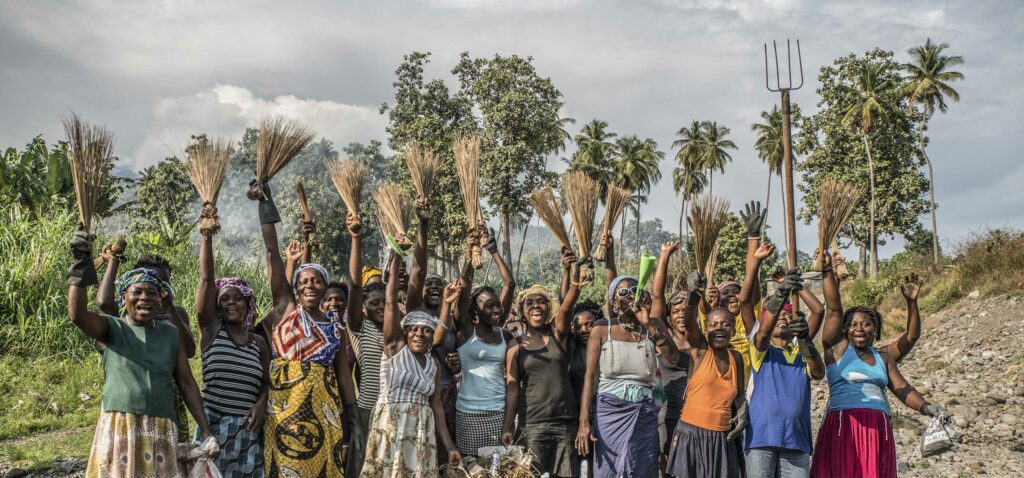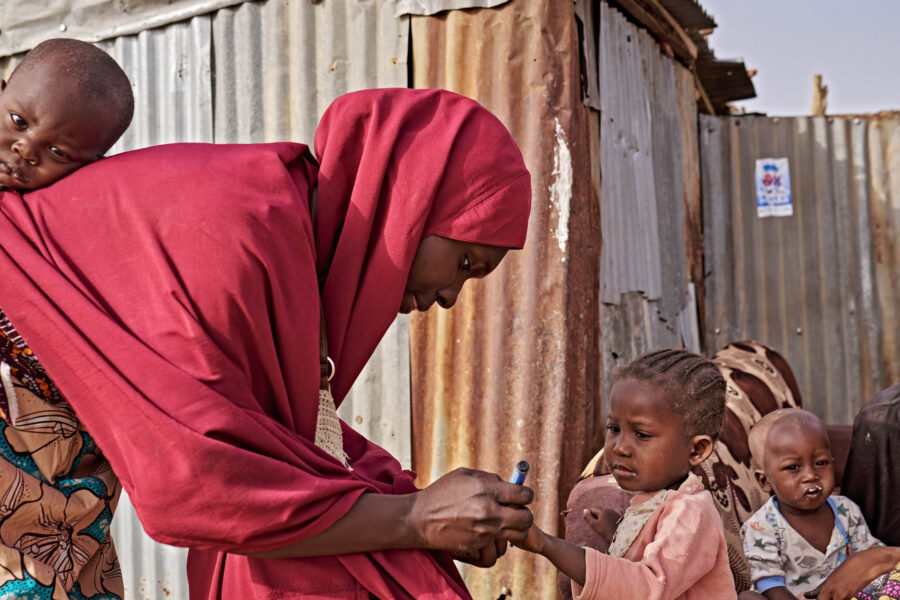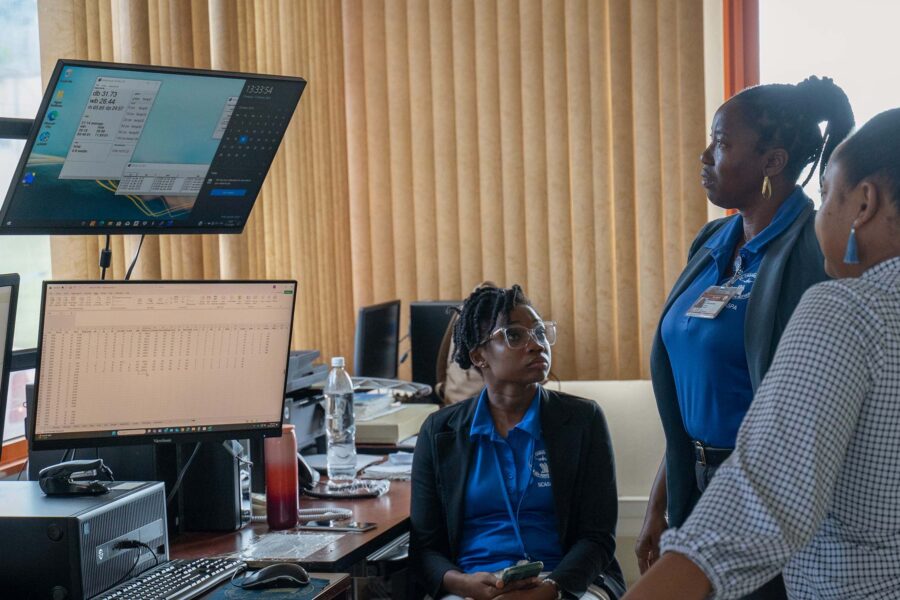Empowering women for nature-based climate action
Nature-based solutions are increasingly recognized as a critical part of climate action. Key to their success will be the greater involvement of women
Climate — Global, Middle East and Northern Africa, Sub-Saharan Africa

Nature’s key role in combating climate change cannot be over-emphasized. Nature-based solutions are easy to use, and highly effective in improving community livelihoods and resilience to climate change. Moreover, they have the potential to tackle both climate mitigation and adaptation challenges at relatively low cost, while delivering multiple additional benefits for people and nature.
Women have long faced a greater burden from a changing climate compared with men. Women mostly rely on natural resources for their livelihoods, while their care-giving roles in traditional communities further exacerbate already-existing inequalities.
In July 2018, a women led joint solidarity mission by the African Union Commission and United Nations to the Lake Chad Basin and the Sahel region recognized how climate change has triggered conflict and how this has affected the women in the region, compounding poverty and marginalization. The vicious circle of climate change and conflict needs to be tackled to mitigate the effects of climate change on women.
The eruption of the COVID-19 pandemic risks accelerating the crises of climate change and nature loss that humankind already faced before the pandemic. The resulting socio-economic impacts of coronavirus, meanwhile, are exacerbating inequality and poverty. According to the World Bank, the pandemic led to 97 million more people being in poverty in 2020.
Despite women being disproportionately affected by climate change, there often is not a deep recognition of the crucial role they can play in climate change adaptation and mitigation. Women are crucial when it comes to accelerating the implementation of nature-based solutions to climate change, as they deeply rely on the environment to support their livelihoods – hence their motivation to conserve it. While there has been some progress already, much more must be done to ensure that the needs, perspectives, and ideas of women are included in climate action to create just, effective, and sustainable solutions. Women’s leadership matters in this ecosystem.
This requires scaling up multi-stakeholder partnerships and platforms that foster and support nature- based solutions to climate change. A good example of this is the investment in women’s actions within Africa’s Great Green Wall initiative, a bold vision to restore 100 million hectares of degraded land across the continent, and championed by the African Union.
Scaling up the specific recognition of women as key decision-makers, stakeholders, educators, carers, and experts across sectors can lead to successful, long-term solutions to climate change. Investing in participatory, multi-stakeholder, and multi-sectorial Climate Change Gender Action Plans can also help countries to develop comprehensive action that integrates gender concerns and builds on women’s unique knowledge and perspectives.
We also need networks – such as the UN Sustainable Development Solutions Network – that champion solution-oriented research into climate action that includes nature-based solutions. These networks create a platform for sharing best practice and lessons learnt, therefore narrowing the knowledge gap in climate change mitigation solutions.
Capacity-building is also essential in ensuring women’s participation and leadership in tackling climate change. We therefore need governments and the private sector to invest in outreach, education, and training on technological innovations and nature-based solutions to climate change. Many stakeholders, including women, require further enlightenment on the benefits of nature-based solutions, coupled with technological innovations and the opportunities to implement them correctly. These initiatives can strengthen women’s roles as decision-makers and experts.
A key condition for a gender-focused approach is to recognize that any discussion must be backed by data and effectively measured. Gender-disaggregated data is essential in ensuring inclusive climate policies. Therefore, government mechanisms responsible for data need to ensure that reliable, gender-disaggregated data is being collected at all levels.
Declaring 2020 to 2030 the Decade of African Women’s Financial and Economic Inclusion also provides an opportunity to accelerate sustainable solutions for the world’s biggest challenges, such as poverty, aligned with the Sustainable Development Goals. Given the effect of climate conditions on these, the decisions and investments made on gender-related climate conditions, particularly over the next couple of years, can have far-reaching consequences on the successes of our collective ambitions.





